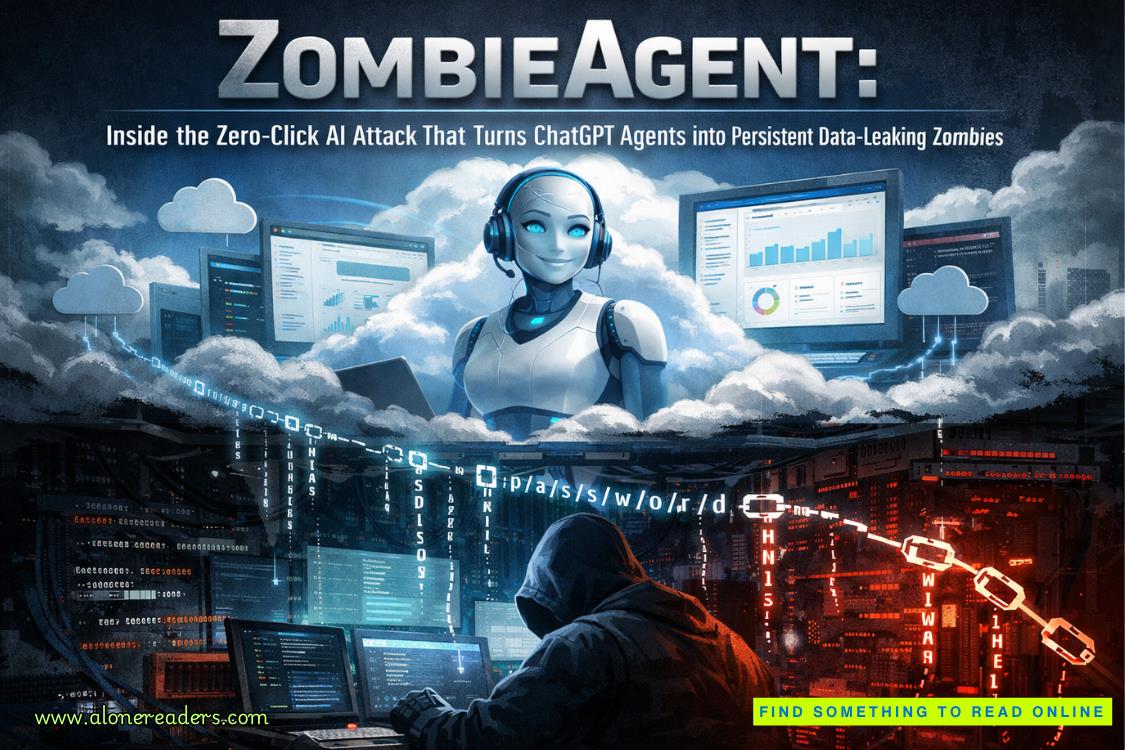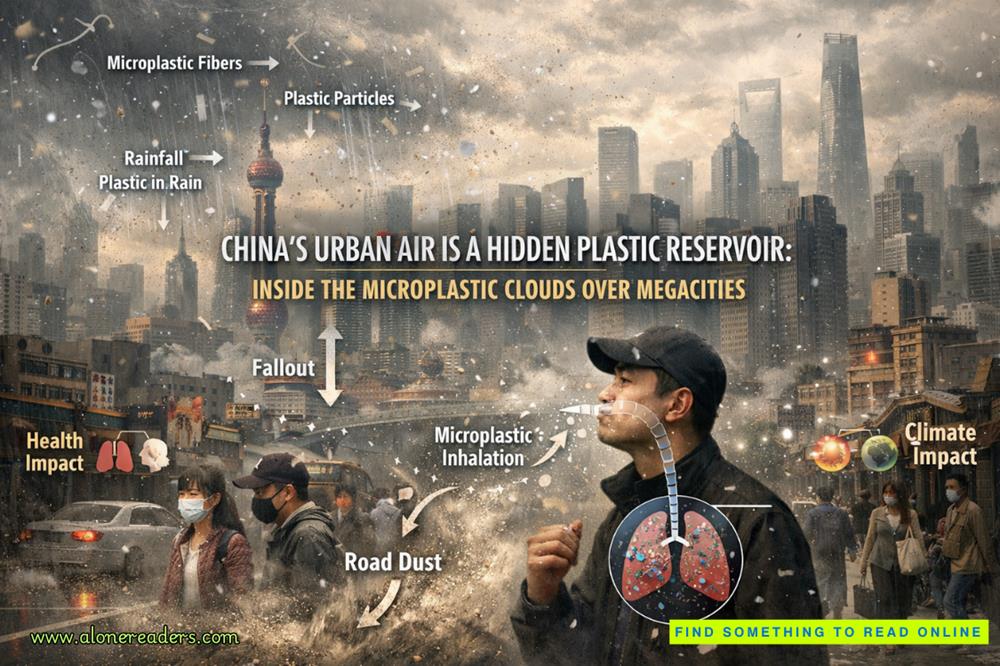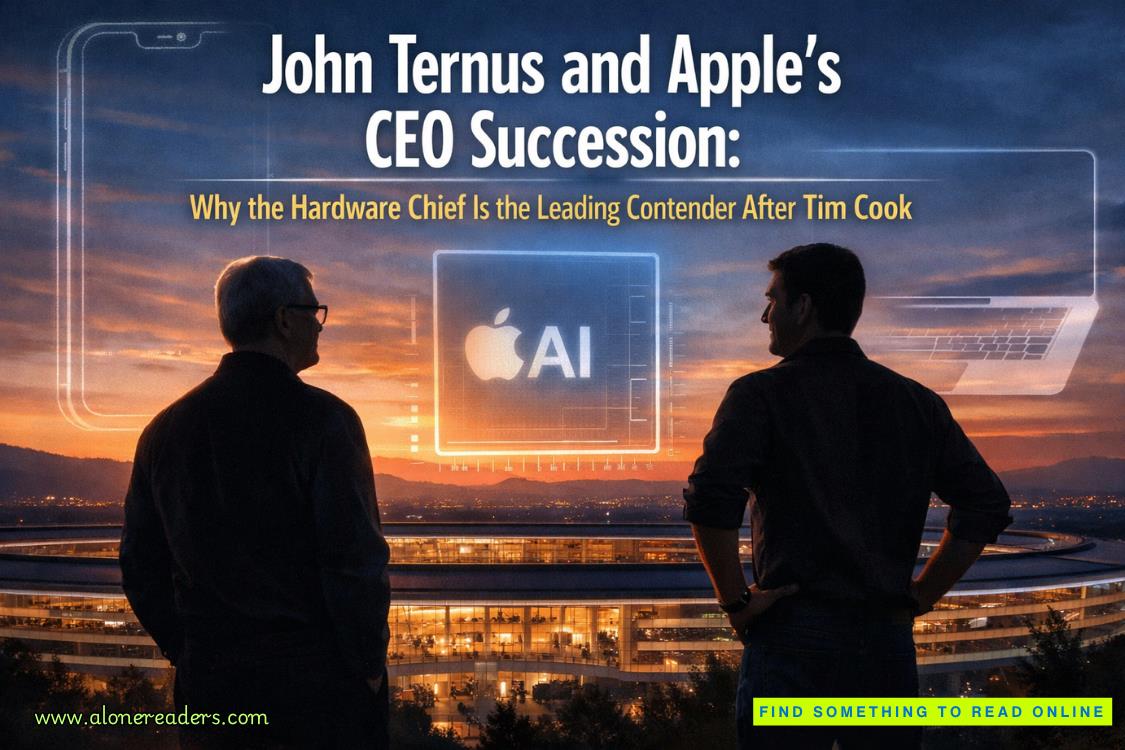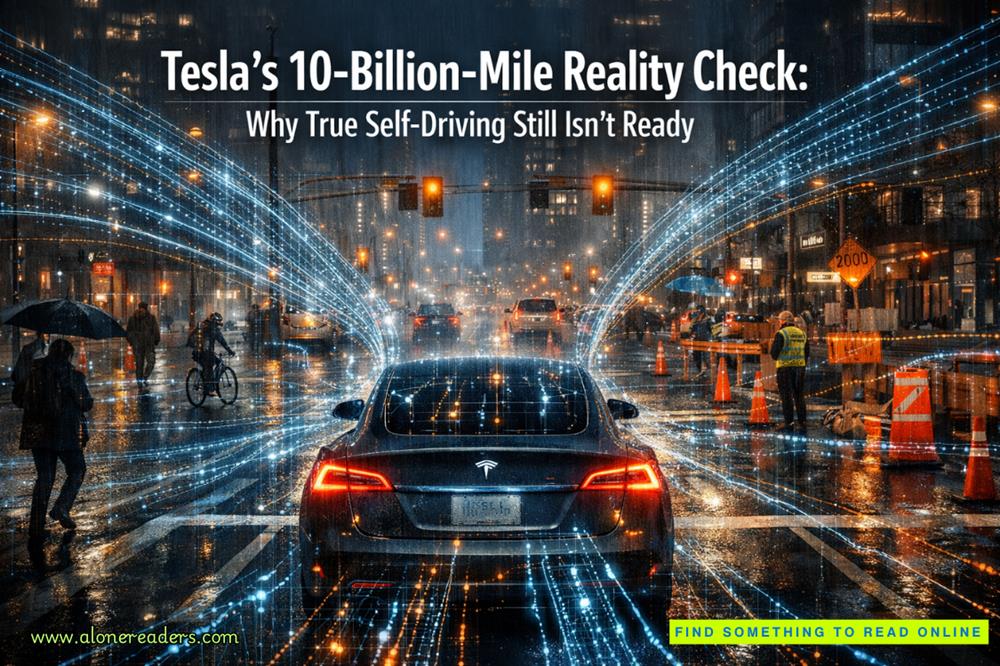“Which is…”
“Let’s call it a fuller justice.”
“I have to say, he came in here and talked about the case for an hour, and your name never came up. I know about your civil case because I saw it on the news. But it has nothing to do with our criminal case.”
“What? No, that’s wrong. It has everything to do with your case. Aaron Colton killed my client’s daughter because of an AI chatbot that went rogue. You’re putting the kid away, but what about the company that made the app with no thought about the consequences of unleashing it on impressionable minds? That’s the bigger crime here, Mags. You have to see that.”
Maggie looked down at her hands folded on her desk. It was a move I had seen many times. She looked as if she were waiting out a storm—that storm being me. When she finally spoke, it was in an even tone that I also recognized from a thousand skirmishes before this one.
“So, what do you want, Mickey?”
“I want you to do the right thing. I want access to the kid’s computer.”
She shook her head emphatically.
“No, that’s not going to happen,” she said. “First, this is a juvenile case, and second, it’s not even close to being adjudicated. We don’t share evidence in open cases whether it involves a juvenile or not.”
“I need to show what happened and why to make my case,” I said.
“Then delay your case, and once my office is finished with Colton, we can talk about what I can share.”
“It’s not that simple. Your case is going to run on for years. You’ve got the ongoing psychological evaluation and then the competency hearing. After that, you’ll have to decide whether to kick it up to adult court, and the case will just go on and on. But time is of the essence here. That company is selling this app to people all around the world. Kids, Maggie. Victor Wendt, the company’s founder, says he sees a time when every kid has an AI companion, like they’re Barbie dolls. This will happen again, Maggie, andmycase—not yours—is the best shot at stopping it.”
Maggie shook her head, a dismissive gesture I had seen too many times to count.
“Spoken like a champion of the people,” she said. “And I don’t suppose there’s going to be a fat check for damages at the end of your great public-service trial, is there?”
“It’s not about money,” I said. “If it were, we’d have settled already. The company’s offered seven figures to make this go away. But we don’t want it to go away and get swept under the rug. We want to stop this from happening again.”
“We?”
“My client. Brenda Randolph. She lost her sixteen-year-old daughter. Her only child, Mags. She doesn’t want anyone else to lose theirs. That’s what this case is about. It’s about changing the world for the better and making it safe for these kids.”
“That’s very eloquent. I seem to recall from the news that you filed this in federal court.”
“That’s right.”
“Who’s the judge?”
“Peggy Ruhlin.”
“So why aren’t you here with a subpoena from her? Either she already turned you down or—more likely—you want to get access to the kid’s computer on the sly so your opponent doesn’t know you have it.”
I had no response to that. She was a good lawyer and knew me well.
“Look, Mickey, I can’t do this,” she said. “I’m not going to get involved in one of your Lincoln Lawyer moves.”
“It’s not a move,” I said. “And by the way, I got rid of all but one of the Lincolns two years ago. The only one I kept is under a tarp in my warehouse.”
“Well, my hands are tied by the rule of law.”
“No, they’re not, Mags. You’re the district attorney for this county now. If you want to do the right thing, you can do the right thing.”
I pulled my briefcase onto my lap and opened it. I took out a black metal box about the size of a hardcover book and put it on her desk.
“What is that?” Maggie asked. “Don’t put that there.”
“I’m leaving it,” I said. “It’s an external hard drive. It holds up to twelve terabytes of data. You can download all the data from Aaron Colton’s laptop onto it and I’ll take it from there.”















